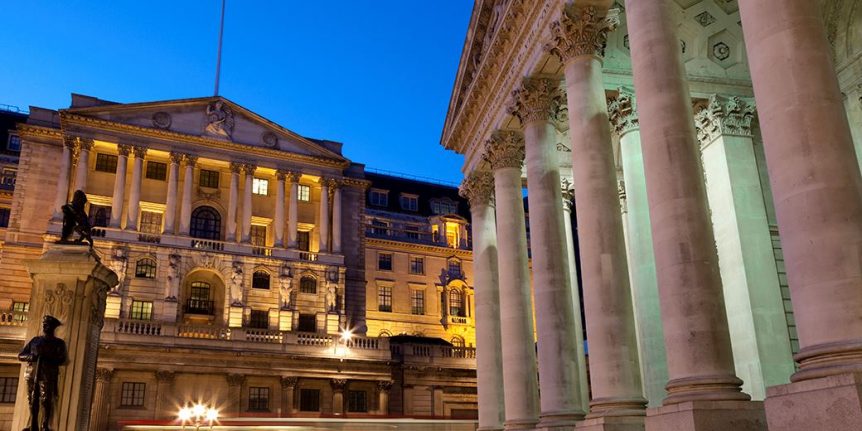The last time the base rate was at 4.5% was in October 2008.
The Bank of England’s Monetary Policy Committee has voted 7-2 to increase Bank Rate by 0.25% to 4.5% – the 12th consecutive rise.
Two members preferred to maintain Bank Rate at 4.25%.
The latest Bank of England figures now predict that Bank Rate will peak at around 4.75% in Q4 before easing back to just over 3.5% in two years’ time.
The MPC noted that economic activity has been less weak than previously predicted in February report. The improved outlook reflects stronger global growth, lower energy prices, the fiscal support in the Spring Budget, and the possibility that a tight labour market leads to lower precautionary saving by households.
The latest ONS figures show that UK inflation eased slightly to 10.1% in the 12 months to March, down from 10.4% in February, however it remains higher than the Bank had previously expected.
CPI inflation is expected to fall sharply from April, in part as large rises in the price level one year ago drop out of the annual comparison. In addition, the extension in the Spring Budget of the Energy Price Guarantee and declines in wholesale energy prices will both lower the contribution from household energy bills to CPI inflation.
However, food price inflation is likely to fall back more slowly than previously expected and, as a result, the Committee’s expectation for CPI inflation now falls back more slowly than in the February Report.
In the MPC’s latest projection conditioned on market interest rates, CPI inflation declines to just above 1% at the two and three-year horizons, materially below the 2% target.
However, the Committee agreed that there remain “considerable uncertainties around the pace at which CPI inflation will return sustainably to the 2% target”.
In its minutes, the MPC said: “The Committee continues to judge that the risks around the inflation forecast are skewed significantly to the upside, reflecting the possibility that the second-round effects of external cost shocks on inflation in wages and domestic prices may take longer to unwind than they did to emerge.
“The Committee has voted to increase Bank Rate by 0.25 percentage points, to 4.5%, at this meeting. In doing so the MPC is continuing to address the risk of more persistent strength in domestic price and wage setting, as represented by the upward skew in the projected distribution for CPI inflation.”
Paul Broadhead, head of mortgage and housing policy at the BSA, commented: “As inflation rates remain above 10% a further Bank Rate increase was always a real possibility. It is, however, widely expected that we are now at, or very close to the peak.
“For mortgage borrowers, this latest increase is less positive, particularly for those who will be coming to the end of a fixed-rate term this year. Most will see a significant increase in their mortgage costs, which will be on average around £1761 extra a month for those with a two-year deal. Whilst our figures show that around nine in ten homeowners are not currently concerned about their ability to make their monthly mortgage payments, only time will tell whether they have factored future increases into their household budgets.”
Mark Harris, chief executive of mortgage broker SPF Private Clients, added: “As interest rates hit 4.5%, it feels like they are nearing their peak, if not there already, particularly with the Bank expecting inflation to fall sharply from April.
“Indeed, several lenders have reduced their high LTV fixed-rate mortgages in the past few days which will benefit first-time buyers, while the pricing of lower LTV deals has risen on the back of higher swap rates.
“The cumulation of 12 successive rate rises is significant. A borrower with a £250,000 mortgage on a tracker pegged at 1% over base rate will have seen their monthly payments rise from £943 in December 2021, when base rate rose from 0.1% to 0.25%, to £1,535 today.
“With so much volatility in the markets, it is more important than ever that borrowers seek advice from a whole-of-market broker.”
Rozi Jones (Professional Adviser)

